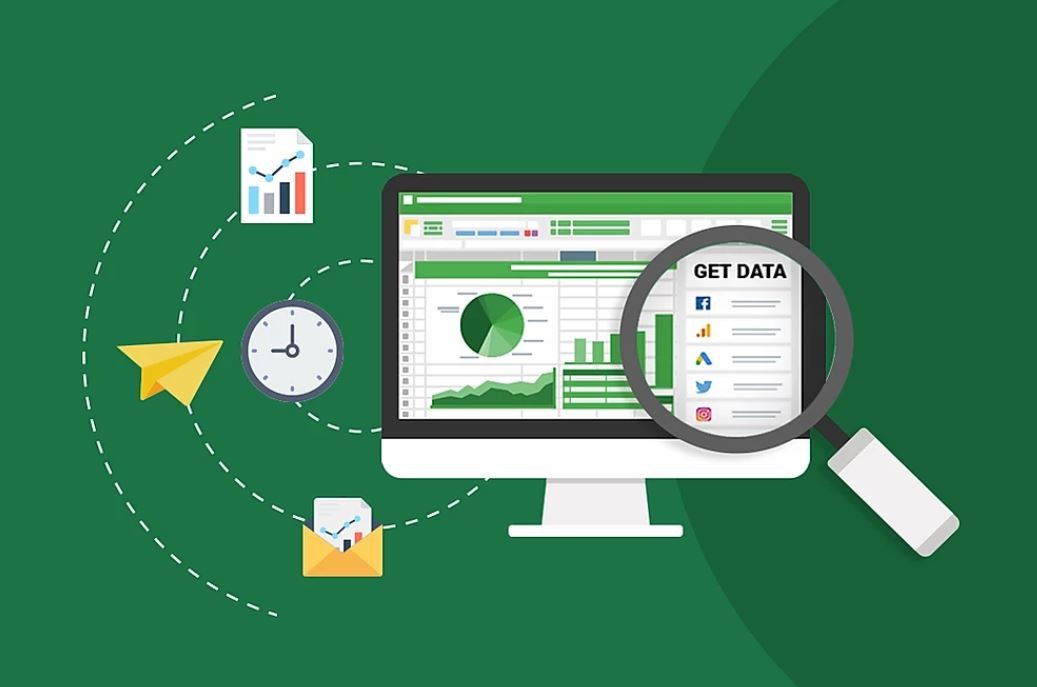Improving personal finances involves adopting smart money management practices and making strategic decisions to achieve financial goals and security. Here are some of the best ways to improve your personal finances:
Create a Budget:
Establish a budget that outlines your income, expenses, and savings goals. Track your spending habits and identify areas where you can cut back or save more money.
Reduce Debt:
Develop a plan to pay off high-interest debt, such as credit card balances and personal loans. Consider strategies like the debt snowball or debt avalanche method to prioritize and tackle debt effectively.
Build an Emergency Fund:
Set aside money in an emergency fund to cover unexpected expenses, such as medical bills, car repairs, or job loss. Aim to save three to six months’ worth of living expenses in a high-yield savings account or other liquid assets.
Save for Retirement:
Contribute regularly to retirement accounts, such as a 401(k) or IRA, to build long-term savings for retirement. Take advantage of employer matching contributions and consider increasing your contributions over time.
Invest Wisely:
Diversify your investment portfolio across different asset classes, such as stocks, bonds, and real estate, to manage risk and maximize returns. Consider your risk tolerance, investment goals, and time horizon when selecting investments.
Live Below Your Means:
Practice frugality and avoid lifestyle inflation by living below your means. Cut unnecessary expenses, prioritize needs over wants, and save or invest the difference.
Automate Savings and Investments:
Set up automatic transfers or contributions to savings accounts and investment accounts to ensure consistent saving and investing habits. Automating your finances can help you stay disciplined and reach your financial goals faster.
Educate Yourself About Personal Finance:
Take the time to educate yourself about personal finance topics, such as budgeting, investing, taxes, and retirement planning. Read books, articles, and reputable websites, and consider seeking advice from financial professionals when needed.
Monitor and Review Your Finances Regularly:
Regularly review your financial situation, track your progress toward goals, and make adjustments as needed. Monitor your spending, savings, and investment performance to ensure you’re on track to meet your objectives.
Protect Your Financial Future:
Purchase adequate insurance coverage, such as health insurance, life insurance, disability insurance, and homeowner’s or renter’s insurance, to protect yourself and your family from unforeseen risks and liabilities.
By implementing these strategies and adopting healthy financial habits, you can improve your personal finances, build wealth, and achieve financial security over time. Remember that financial success is a journey that requires patience, discipline, and ongoing effort.









